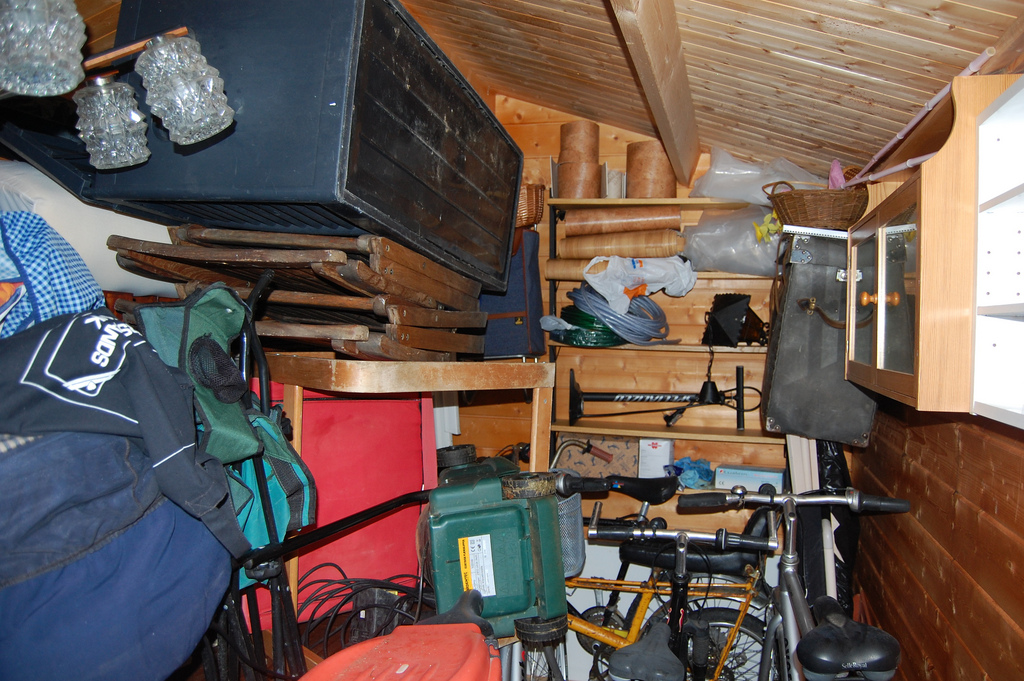Insurance
Parents left babysitting £300m worth of possessions

Empty nesters are left saddled with more than £300m worth of belongings, as they babysit their children’s possessions.
According to charity Clutter Amnesty, three quarters of British parents with children who have flown the nest are left looking after their children’s possessions, with 26% clueless as to whether or not the items are insured.
Tim Downes, senior claims manager at Lloyds TSB Insurance, said: “Although one in 10 parents does not know the value of the possessions their children leave behind, it’s important for insurance purposes that parents can identify items of value that they plan to keep when de-cluttering their nests.
“Often possessions such as books can be more valuable than they appear, so ensuring you have a comprehensive cover will help give you peace of mind, knowing your valuables are protected.”
Parents admit to ‘inheriting’ an entire bedroom full of their kids’ abandoned belongings, worth an average £735 per household.
Lloyds TSB Insurance has now joined forces with housing and homelessness charity Shelter to launch a national Clutter Amnesty as university terms begin.
Richard Sweet, director of trading at Shelter, said: “By the time they leave for university, many teenagers have accumulated mountains of gadgets, books, clothes and music, leaving parents to deal with a roomful of clutter.
“Taking part in the Clutter Amnesty and dropping off a bag of donations at one of Shelter’s shops will not only help parents declutter their own homes, but will also raise money to help those struggling to find or keep a place to call home themselves.”
Further research from the home insurer also revealed that more than a quarter of parents (28%) cling on to their children’s possessions for sentimental value.
Dr Kairen Cullen, chartered educational psychologist, said: “Often parents keep their child’s belongings because they’re associated with specific memories but holding on to such items can delay the important transition from having an adult-child relationship to having an adult-adult relationship.
“Because objects can give people a sense of safety and wellbeing, most people live with more clutter in their home than they actually need.
“Taking steps to clear out unnecessary items can help parents to deal with this important stage in their lives and their children’s, while benefiting from the positive feelings associated with giving to charity.
“Sensitive communication by parents about their plans to de-clutter with their children is obviously of key importance.”